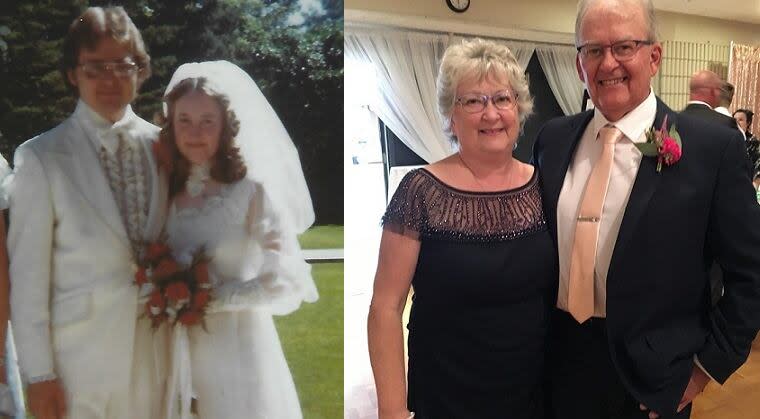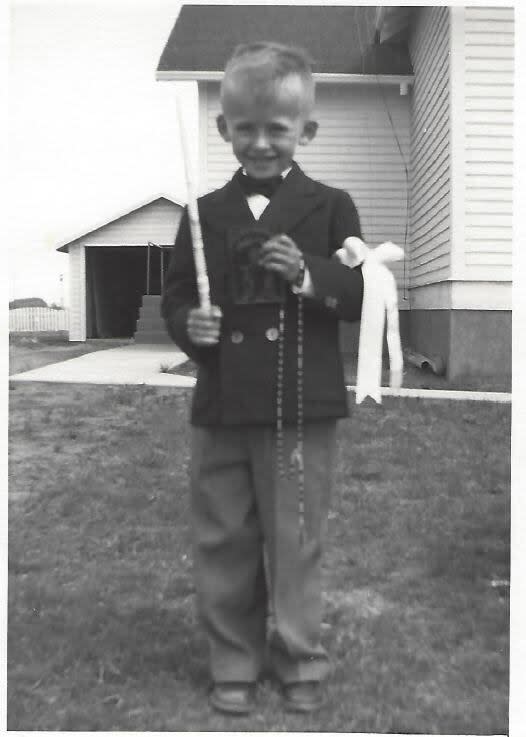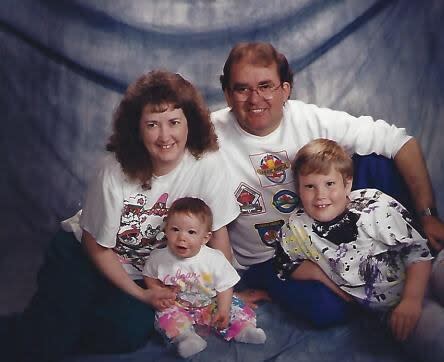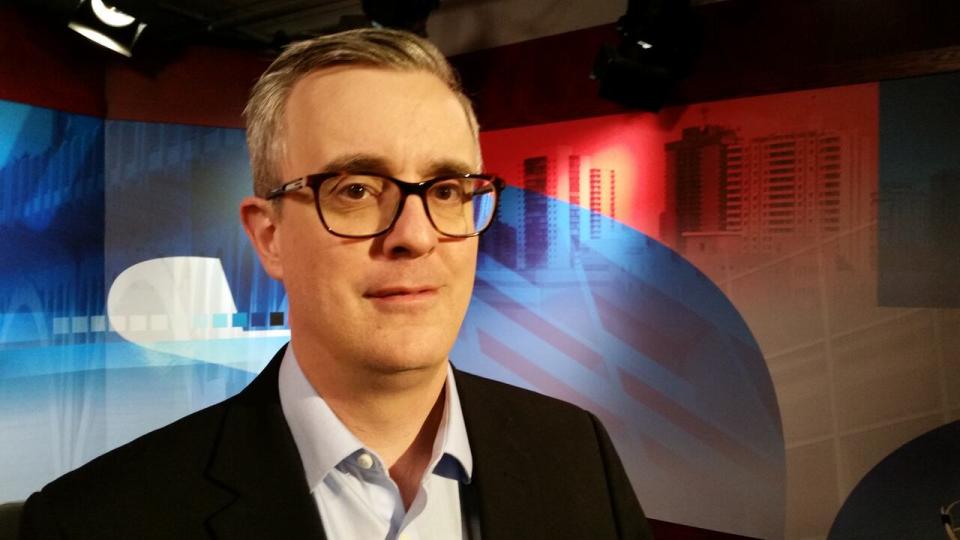Melville man celebrating 50 years since kidney transplant

Larry Kreklewich needed a kidney transplant before he even reached his 20th birthday.
It was October 1974. He was so unsure about the procedure he said goodbye to his then-girlfriend before going under the knife.
"Back in '74 it was very early stages of kidney transplants and nobody was sure if anything was going to happen, so we said goodbye just in case," Kreklewich said.
Fifty years later the two are married and Kreklewich is preparing to celebrate five decades of healthy post-transplant life.
The Melville man is hosting a transplant trot on June 9 to show gratitude to the families of his donor and all the others who make transplants possible. Starting at 10 a.m. CST, Larry, his wife Bev and supporters will walk from Melville Community Works to celebrate Larry's 50th "kidney-versary." Walkers can stroll a 3K or 5K route, followed by refreshments and socializing.
Larry was born with weak kidneys. He got through high school, but they shut down soon after graduation and he had to go on dialysis.

Larry was born with weak kidneys and had to start dialysis shortly after high school. (Submitted by Larry Kreklewich)
Larry said the doctor gave him a couple of months to live after his transplant. That became six months, then a year, then five years. Now it's been 50.
Bev was Larry's high school sweetheart. She remembers her response when Larry proposed to her.
"'Are you serious?' Because we just didn't know what the future was going to hold," she said.
"His words at that time were, 'I don't know what the future is going to hold, but I want to start living and carry on with my life as long as I have it.'"

Larry and Bev Kreklewich with their kids years after getting a kidney transplant. (Submitted by Larry and Bev Kreklewich )
Mike Moser, a transplant surgeon with Saskatchewan Health Authority, said kidneys last around 12 to 14 years on average after transplant surgery.
"A lot of people unfortunately lose them a lot sooner than that, within a few years. But over the years we hear about a lot of people who keep them for more than 25 years, and 50 years is absolutely fantastic," he said.
Moser said Saskatchewan has been doing well with donations in the last few years, but there's always going to be a gap between the number of people who need a transplant and the transplant organs available.
"We know that a certain number of people will die before an organ becomes available. A lot of people wait for a very long time, about 20 to 25 per cent, they're put on the waiting list and their day never comes and they pass away before they can get that life-saving gift of an organ," he said.

Dr. Michael Moser said events like this transplant trot help show how important it can be to register as an organ donor. (CBC)
Moser said a single organ donor can save eight lives and their tissues can help more than 50 other people.
He said it's often hard for people to talk about death, but that the more you prepare for the unexpected, the better. He recommends having a donor sticker on your driver's licence, joining the donor registry and, most importantly, having the conversation with your family. This makes it easier if tragedy does strike, because they will know their loved one's wishes.
"I love these events such as this 50th anniversary," Moser said. "It really reinforces to everybody the good that a decision to have that talk with our family can be an incredible gift."
Listen| Melville, Sask. man hosts 50th Kidney-versary Transplant Trot:


